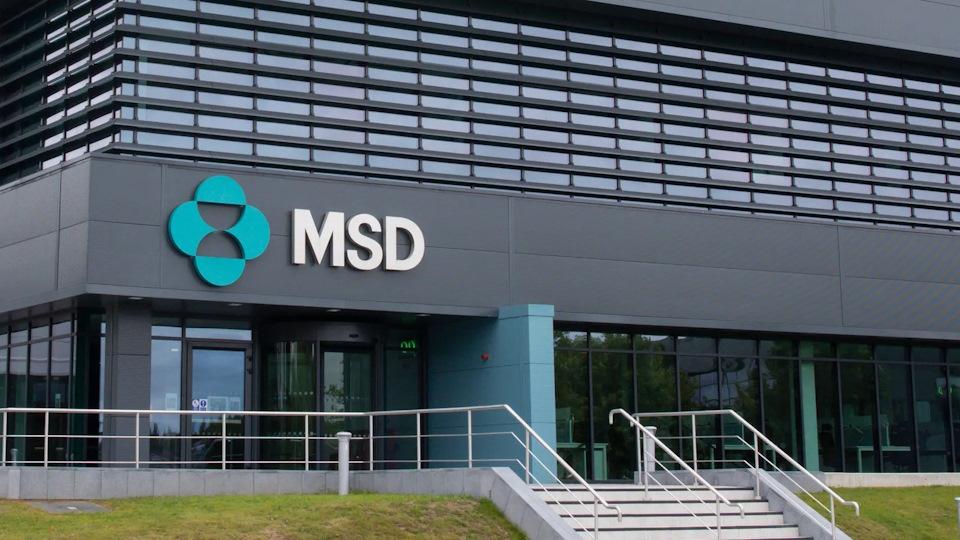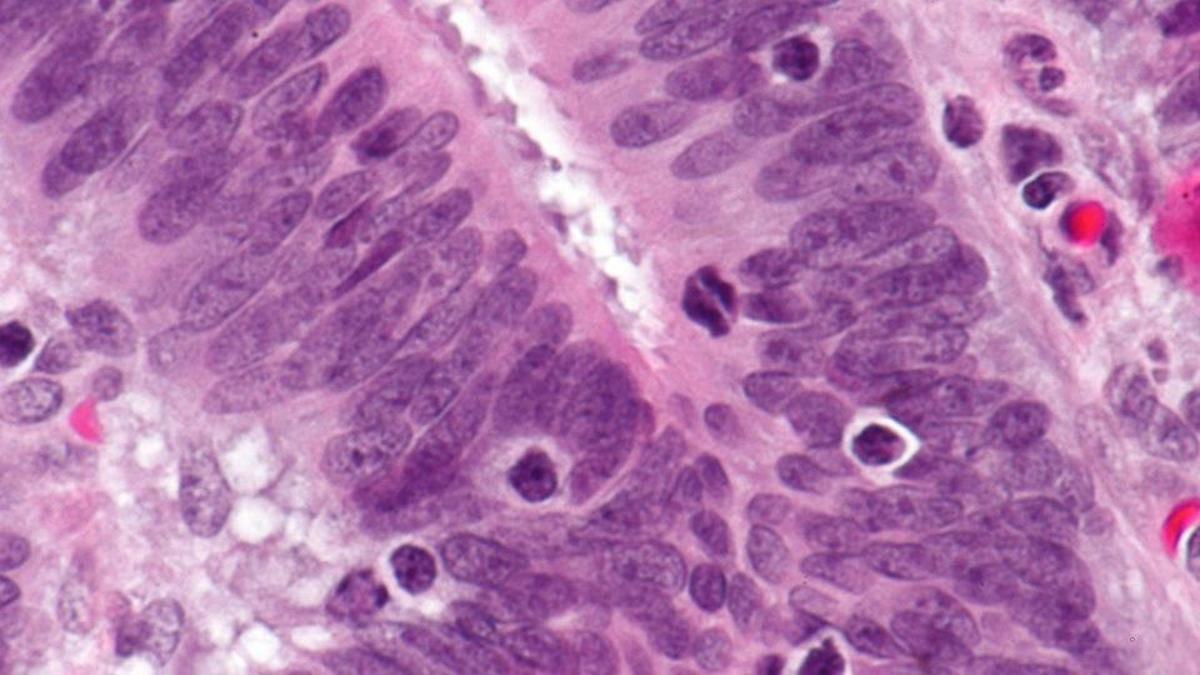MSD hits a hurdle with its LAG-3 programme

MSD's combination of PD-1 inhibitor Keytruda and experimental LAG-3 inhibitor favezelimab has failed a phase 3 trial in patients with previously treated PD-L1-positive microsatellite stable (MSS) metastatic colorectal cancer.
An analysis of data from the 447-patient KEYFORM-007 study revealed that the fixed-dose combination of Keytruda (pembrolizumab) and favezelimab was unable to extend overall survival (OS) compared to standard care with kinase inhibitor regorafenib and trifluridine and tipiracil chemotherapy.
It's another setback for the LAG-3 category in MSS colorectal cancer, coming after Bristol-Myers Squibb's combination of PD-1 nivolumab and LAG-3 drug relatlimab – approved as Opdualag for melanoma – failed the phase 3 RELATIVITY-123 trial in MSS colorectal cancer last year.
While PD-1/PD-L1 inhibitors have transformed the treatment of many cancers in recent years – including colorectal cancer with microsatellite instability (MSI) – on their own they have proved to be largely ineffective in MSS colorectal cancer.
There has been a concerted effort to combine them with other drugs to see if efficacy can be stepped up, and one such is pairing PD-1 and LAG-3 inhibition, both targeting negative regulators of T-cells that suppress their activity against tumours.
The hope is that, by combining them, the brake on the immune system will be further disengaged, allowing the tumour to be attacked more effectively. However, the failures in MSS colorectal cancer suggest some forms of cancer may simply be less amenable to immunotherapies.
MSD said that advanced colorectal cancer remains a challenging disease, especially for the majority of patients with MSS tumours, and pledged to continue efforts to find novel combination therapies.
Keytruda has been FDA-approved since 2020 to treat microsatellite instability-high (MSI-H) or mismatch repair deficient (dMMR) colorectal cancer, where there is a higher level of inflammation in the tumour. Last year, it got a green light for second-line use in patients with any solid tumour nearing these biomarkers and no other treatment options.
MSD is running a string of other trials of the Keytruda/favezelimab combination, including the phase 3 KEYFORM-008 study in classical Hodgkin lymphoma and phase 2 studies in bladder cancer, cutaneous squamous cell carcinoma, endometrial cancer, melanoma, oesophageal cancer, and renal cell carcinoma.
The combination is one way MSD is seeking to protect its Keytruda franchise – which had sales of $25 billion last year – from the loss of market exclusivity later this decade and the potential threat of newer rivals.
Those include Summit Therapeutics and Akeso's PD-1xVEGF bispecific antibody ivonescimab, which outperformed Keytruda in a lung cancer study and has also shown promise in previously- untreated triple-negative breast cancer, as well as colorectal cancer.












